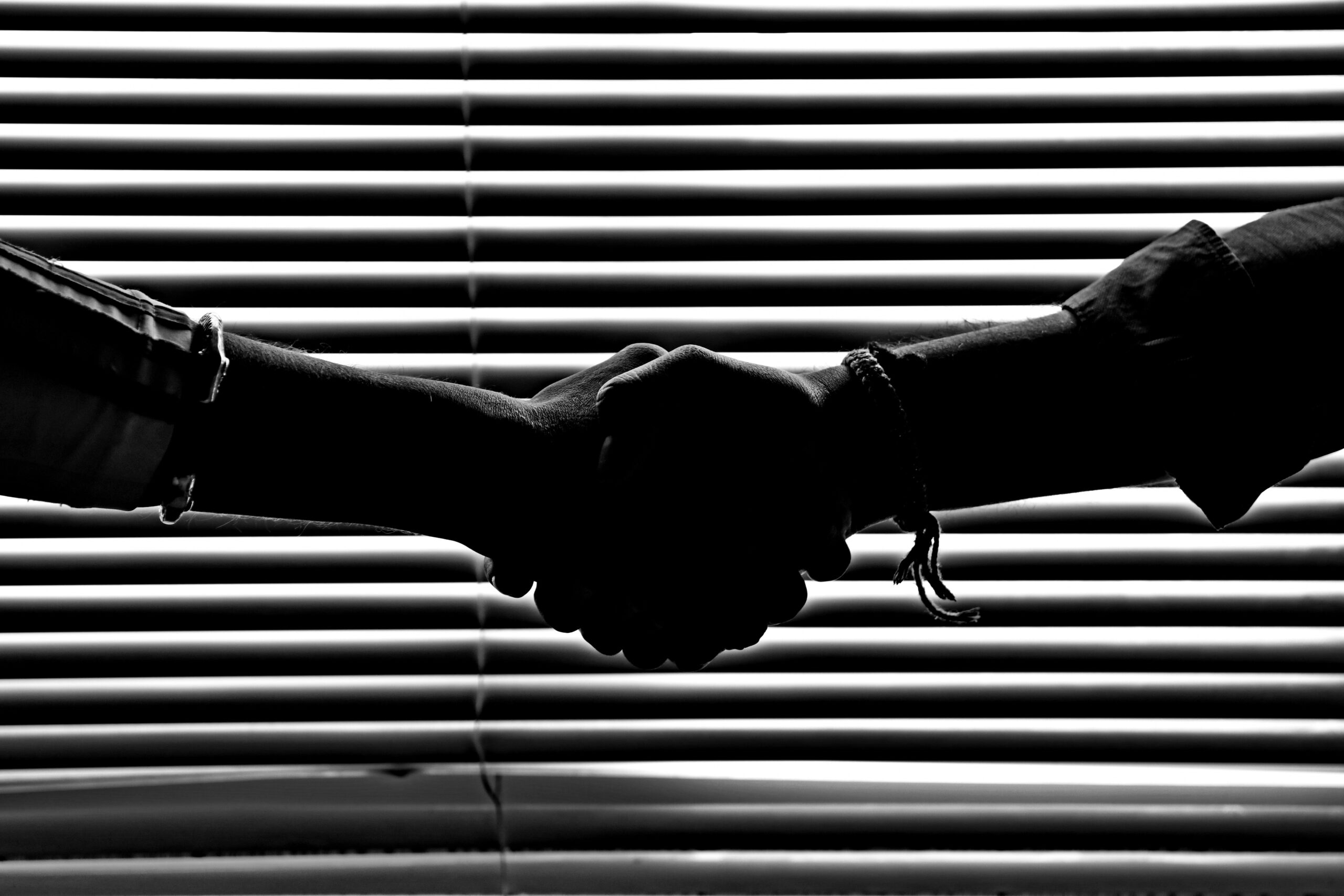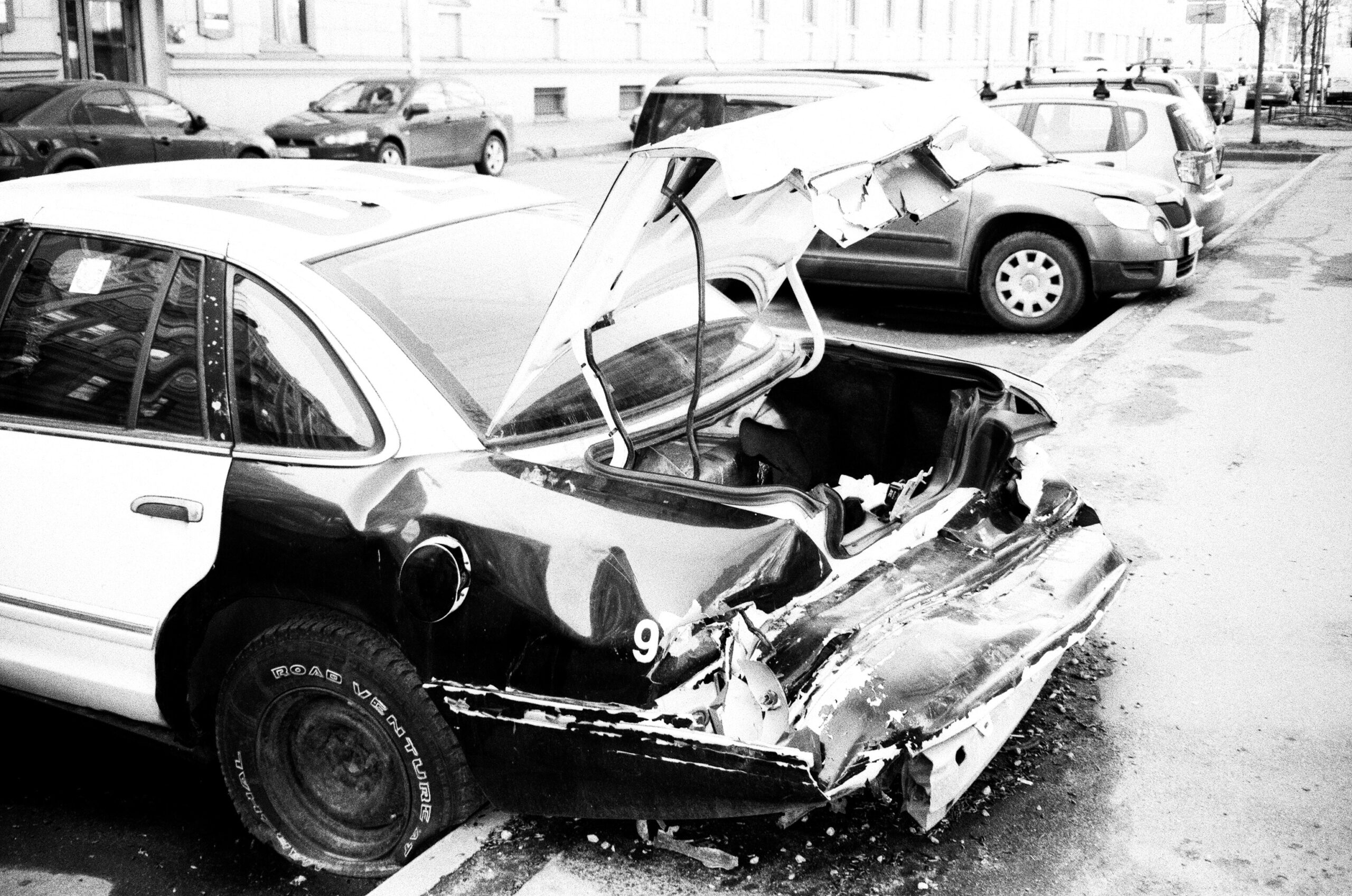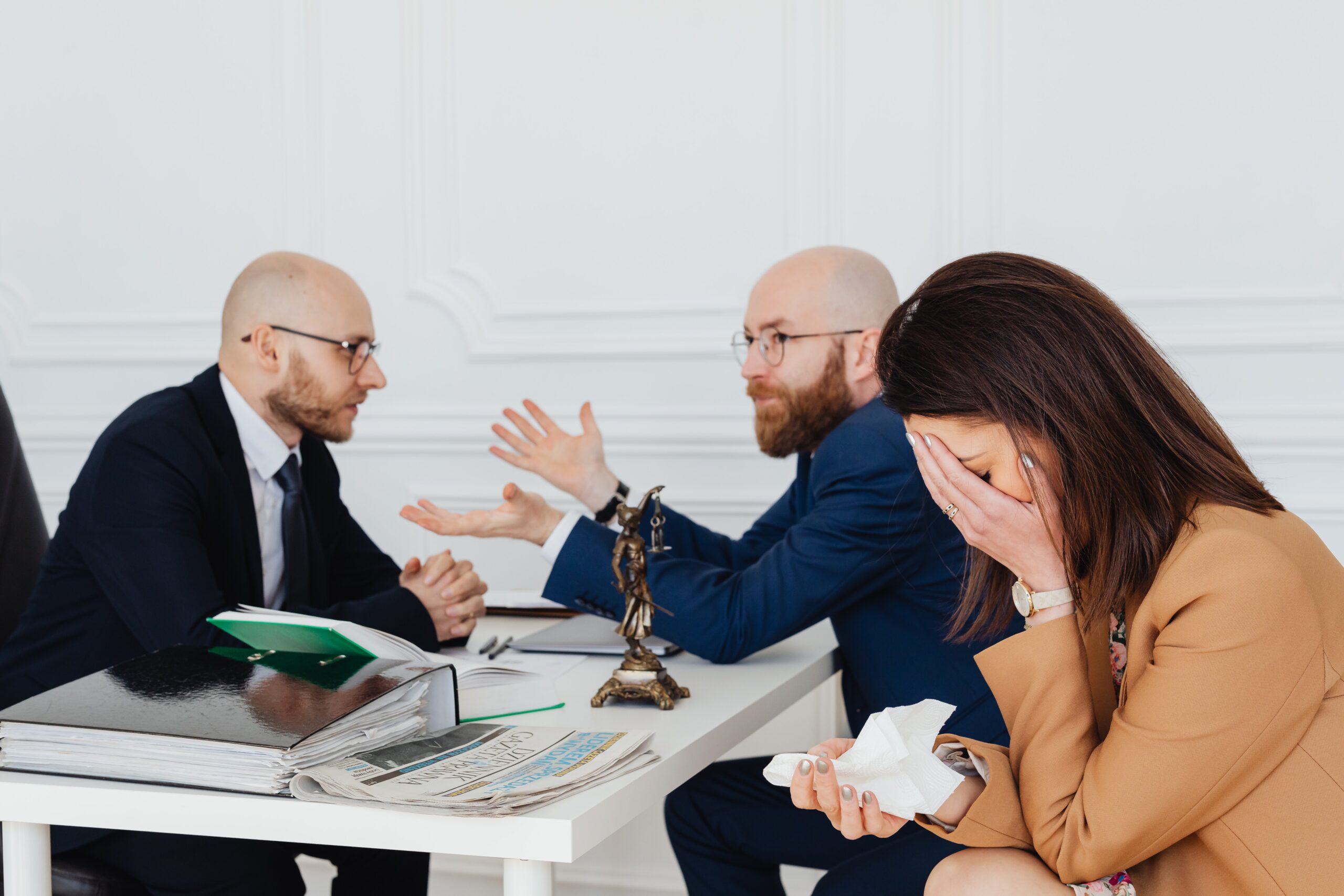My First Story:
The annual trip to see my grandma in Florida has always been in December, well at least it used to be. 2016 was the year we stopped escaping the snowy winters of New York with a vacation to the south. My brother and I inexcusably forced my grandma to take us for dinner at “a normal dinner hour;” although, she repeatedly exclaimed that she hates driving in the dark.
One moment I was glancing down at my phone, and the next I was encapsulated in an airbag. The screeching sound of the breaks and the playbacks of my grandma’s car colliding with the one in front of us is something I will never forget. The man in the other vehicle stormed towards my car with his arm dangling by his side; it was shattered in multiple places. He yelled, “what the hell is your problem, lady?” That is when I realized he was not the one who made any mistakes, but it was my own grandmother’s fault. Grandma Sherry drove on the wrong side of the road. There, I said it. I don’t know if she’s dumb for making such a tragic mistake, or if I’m the stupid one for forcing her to drive at night, something she was clearly uncomfortable with. Even worse than not wanting to drive at night is not wanting to drive at all, and that is one thing I can relate to.

Holding hands to Trust One Another. Credit: Savvas Stavrino (Pexels)
I Wish I Would’ve Been My Own Therapist, and Here’s Why:
In school students are typically taught the basic core curriculum: three years of mathematics, two years of science, history, English, and even health, which is just another way of saying sex-ed. A subject that lacks attention in the classroom is how to deal with emotions and build a stronger sense of self-confidence following the most traumatic, or not so traumatic, experiences. Trauma after a car accident is a real and serious condition. It most often takes the form of TBI, PTSD, mental distress, emotional distress, or an adjustment disorder. Automobile crashes are the third leading cause of trauma in the United States, meaning that there is most definitely someone in your life who has experienced some form of a traumatic car accident. As a result of car accidents, an injury victim often feels a loss of control, helplessness, pain, confusion, and it is not uncommon for automobile crash survivors to fear driving or riding as a passenger in a vehicle. The lack of information that people possess about trauma and coping with the aftermath of it all leads to further symptoms of self-blame, frustration, depression, anxiety, and even death. Car accidents lead many survivors to develop Vehophobia. “Vehophobia is the fear of driving…usually people develop a fear of driving after being involved in an accident.” When people with vehophobia get behind the wheel of a car, their heart rate immediately increases, their breathing becomes shallow, and their hands start to sweat, and it is more common than one may perceive.
My Self-Solution:
In my own life, I play the role of a victim; I am someone who has been through hardships that have resulted in many forms of a lack of self-trust. Simply stated, being in a car crash as a teenager has led me to tremble when I get behind the wheel of my own car. I do not trust myself enough to be responsible for navigating close friends or family members to various destinations. To the majority of teens who are beyond eager to get their license, as it resembles freedom and responsibility, I cannot relate to you. But I can relate to the fact that driving takes practice. Many people use the time before their road test to practice their driving, but I use any free time that I have post getting my license to take small drives throughout my neighborhood, to my high school, and I practice getting on the highway at one exit and getting right off at the next. It sounds silly, but to me, these are huge steps in order to get me comfortable behind the wheel for myself and for others.

Black and White Parking Lot Car Crash. Credit: Aleksandr Neplokh (Pexels)
My Second Story:
I remember it being a Saturday morning in March. My parents simultaneously, and dully, announced that we would be having a family meeting in the kitchen. I knew what was coming. I did not know when it would feel real or how I would react. Actually, nothing could have prepared me for the few words that would change my life forever. I slowly made my way to the kitchen and looked up to see my dad wearing a royal blue Patagonia sweatshirt and my mom a light gray sweater with a skull imprinted on the back. My dad started to speak slowly while my mom silently watched. “Mommy and I are… well we’re… getting separated.”
Separated.
The four-syllable word played on a continuous loop in my mind. My younger brother broke down crying, and I nodded and proceeded to walk to my room.
In that moment, and for many moments after that discussion, it seemed as if my world was in shambles. I could only think about how my family life was so broken behind closed doors, even when I should have been having fun with friends or paying attention in school. It took me a very long time to build up the courage to tell my friends, as I was extremely embarrassed and ashamed. Knowing that none of my close friends could relate to this significant bump in my life left me feeling empty and alone inside. This speck of a moment in time has led me to question whether I am a good friend, a good partner, a good anything. Will I ever be able to see myself as playing a good enough part in a relationship if my parents failed to do so with one another?

Emotional Woman During Divorce. Credit: Karolina Grabows (Pexels)
I Wish I Would’ve Been My Own Therapist, and Here’s Why:
Statistically, children of divorce are more likely to get divorced when they marry. Certain studies have shown that daughters of divorced parents have a 60 percent higher divorce rate in marriages than children of non-divorced parents while sons have a 35 percent higher rate. With that being said, it is more difficult for children of divorce to find themselves fully trusting the people they are closest to, whether that be family members, friends, or life partners. Even more disturbing, children who were forced to “play a part” in divorce at a young age have less self-trust and self-confidence, two key aspects for forming strong relationships. Roughly one in two children will see their parent’s marriage breakup and teenagers whose parents divorce are 300% more likely to experience mental health issues of some sort. 50% of children, based on the above statistic, are likely to be consumed by worrisome thoughts, depression, anxiety, or a number of other mental illnesses. Nearly half of the worlds’ population of children have a treacherous time engaging in healthy, stable relationships where they are able to trust themselves enough in order to completely trust others.
My Self-Solution:
I constantly question if I am “good enough” at being myself as a result of witnessing my parents’ divorce at a young age. Throwing myself into relationships scares me, not because I do not have faith in others to be good friends, partners, or mentors, but because I do not trust myself enough to give people what they may desire in a relationship. Not trusting oneself, no matter what the situation or root of the problem may be, is frightening. It makes living every day another day with anxiety revolving around the simplest activities. I like to check in with my friends every once in a while, to assess what I can do to be better in any regard. I love taking constructive criticism and using that to build myself towards being more confident in maintaining old relationships and forming new ones.
 NOLAbeings
Multimedia artist Claire Bangser created NOLAbeings as a portrait-based story project that marries...
NOLAbeings
Multimedia artist Claire Bangser created NOLAbeings as a portrait-based story project that marries...
 Data corner: Adobe Suite (create a PDF, social media graphic, presentation, edit a photo and video
Data corner is where you go to work with analytics and top tech skills. It takes on everything from PERL and SQL to Canva and Sprout Social.
Data corner: Adobe Suite (create a PDF, social media graphic, presentation, edit a photo and video
Data corner is where you go to work with analytics and top tech skills. It takes on everything from PERL and SQL to Canva and Sprout Social.
